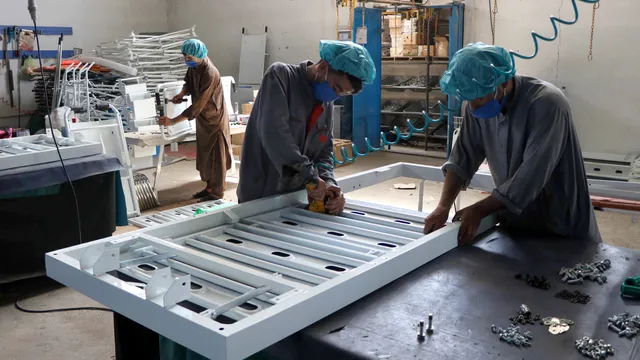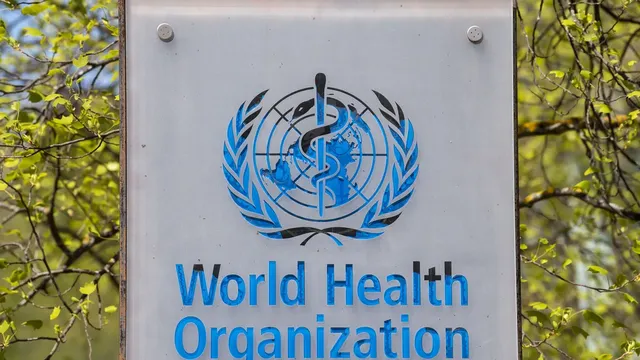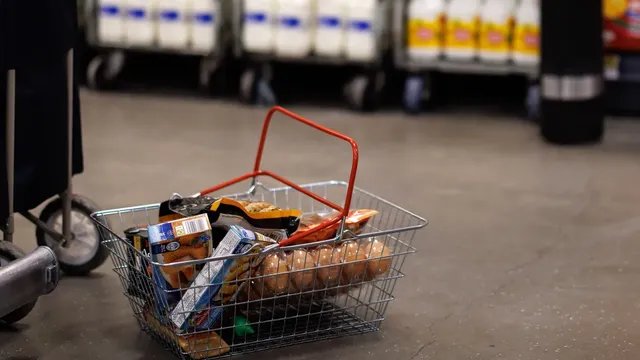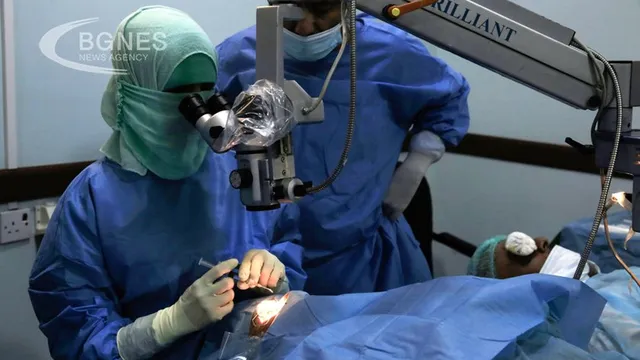The pharmaceutical industry is on edge after US President Donald Trump threatened to impose 200% tariffs on imported products if production is not brought back to the US within a year. It would be a dramatic reversal for the sector, which has been exempt from such tariffs since 1994 under a World Trade Organisation agreement.
Analysts say Trump's aim is to exert maximum pressure in a short period of time while pushing through a policy of drastically reducing drug prices in the US, bringing them in line with the lowest in the world. Although the measure was announced in May, it is still unclear how and when it will be implemented. Lawyers and industry experts interpret the threats as a negotiating tactic, but they say they are being taken very seriously by the industry. European pharmaceutical giants such as Roche, Novartis and Sanofi have already responded by announcing investments of over $200 billion in the US, the world’s largest pharmaceutical market.
According to industry experts, the one-year deadline for relocating production is unrealistic. Building a new plant can take years, and the entire process is part of long industrial cycles. In addition, production lines are subject to mandatory approval by the US Food and Drug Administration (FDA), which further extends the deadlines. According to industry representatives, if such high tariffs are implemented, American consumers will face significantly higher prices for medicines or be forced to give them up altogether.
European exporters are particularly vulnerable. According to Eurostat, 38% of extra-EU pharmaceutical exports went to the US last year, generating a record trade surplus of €193.6 billion. Ireland is among the countries most affected - the sector employs 45,000 people and accounts for nearly half of the country's exports. In addition, many companies use the Irish jurisdiction to take advantage of the lower corporate tax rate of 15%, compared to 21% in the United States. Economists warn that tariffs of this magnitude would disrupt cross-border trade in medicines.
Switzerland is also among the pharmaceutical centers seriously threatened. The country is continuing negotiations with the US administration, the local association IPH confirmed. The Irish organization Ibec, which represents the biopharmaceutical and chemical sectors, has so far declined to comment. | BGNES, AFP

 Breaking news
Breaking news
 Europe
Europe
 Bulgaria
Bulgaria







